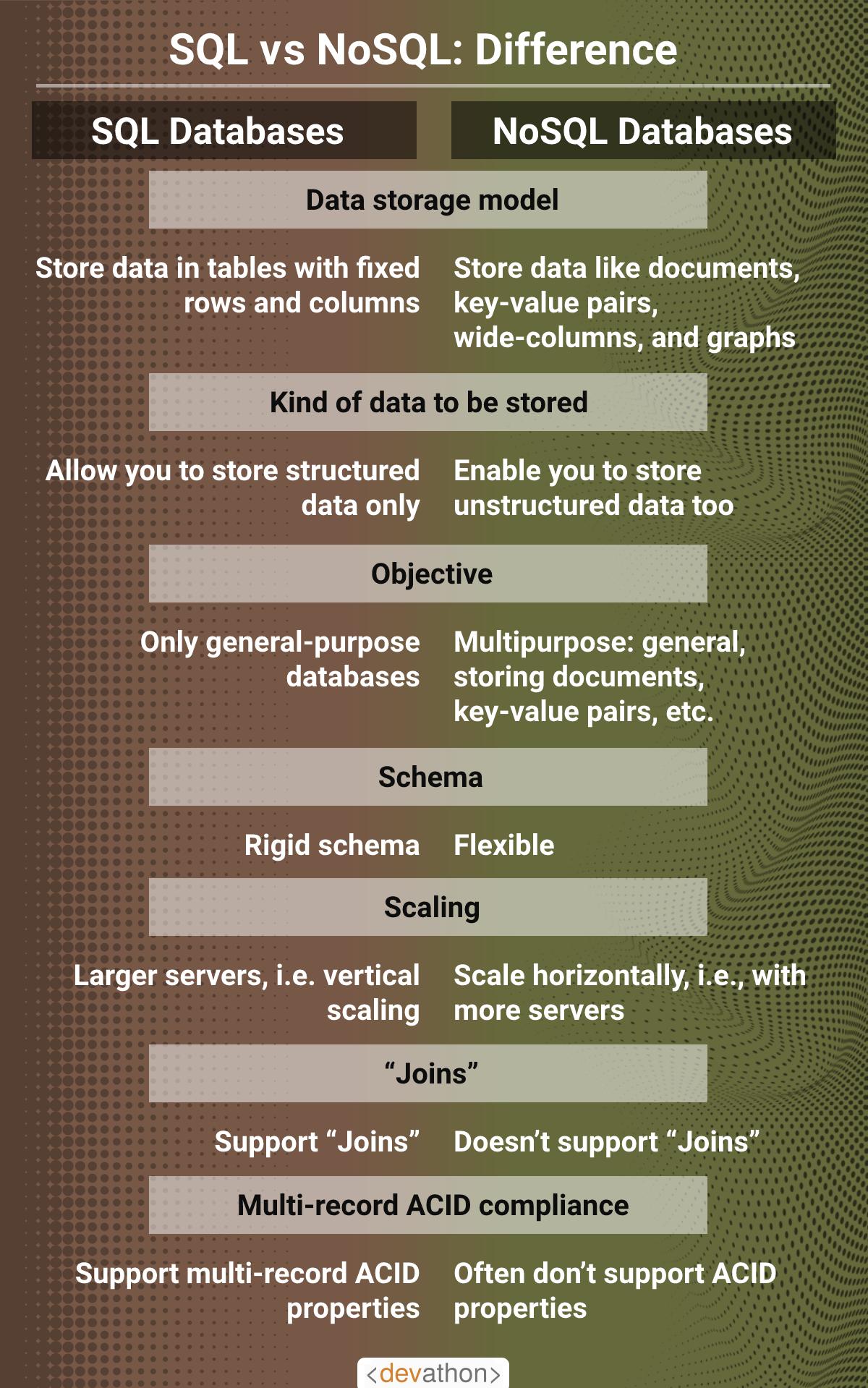
Likewise, the service includes many improvements and optimizations over MySQL, especially in the areas of performance and scalability. In fact, many WordPress hosting providers offer MariaDB as a database option by default. MariaDB is a great fit for WordPress, as it is a fork of MySQL and offers similar syntax and functionality. Conclusion about WordPress with MariaDB.By using this site, you hereby acknowledge that any reliance upon any materials shall be at your sole risk. This site may not be used for any illegal or illicit purpose and Tudip Technologies reserves the right, at its sole discretion and without notice of any kind, to remove anything posted to this site. The inclusion of any part of this blog in another work, whether in printed or electronic or other form, or inclusion of any part of the blog in another website by linking, framing or otherwise without the express permission of Tudip Technologies is prohibited. Tudip Technologies makes no guarantees or promises regarding these websites and does not necessarily endorse or approve of their content. This site may contain links to other websites. All information is provided on an as-is basis without any obligation to make improvements or to correct errors or omissions. Tudip Technologies will not be liable for any errors, omissions, or delays in this information or any losses, injuries, or damages arising from its display or use of the information on this site. Tudip Technologies provides no endorsement and makes no representations as to accuracy, reliability, completeness, suitability or validity of any information or content on, distributed through or linked, downloaded or accessed from this site. It also creates a simple environment by leveraging some features like high availability, automated backups, and integration with Google App Engine.Īll content provided on this blog is for informational purposes only. Google Cloud SQL makes your data easier for you to manage app databases with greater efficiency and security.

In the destination field, select the database name which you created just now.In source field, browse the sql dump file from cloud storage bucket.Navigate to the overview tab and click on import.Enter the database name and choose the character set as utf8 then click on Create.Click on the SQL instance name then click on the Database tab.Import the database into Cloud SQL for SQL Server from GCP bucket:.
GOOGLE SQL VS MYSQL PASSWORD
Generate a root password and then click Create.

Click on MySQL and give any name to the SQL instance, e.g.


Mysqldump -databases wordpress -h localhost -u blogadmin -p -hex-blob -skip-triggers -single-transaction -default-character-set=utf8mb4 > wordpress.sql


 0 kommentar(er)
0 kommentar(er)
